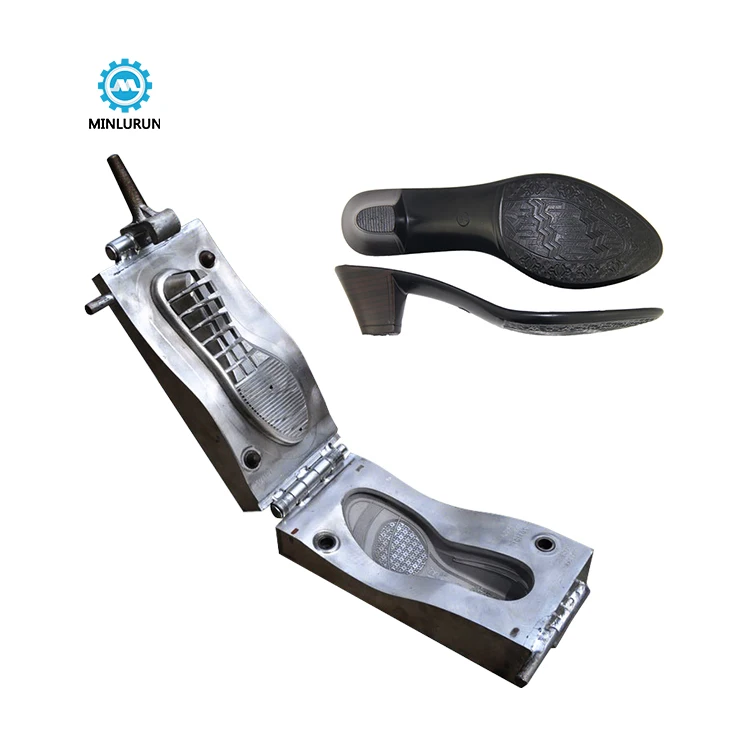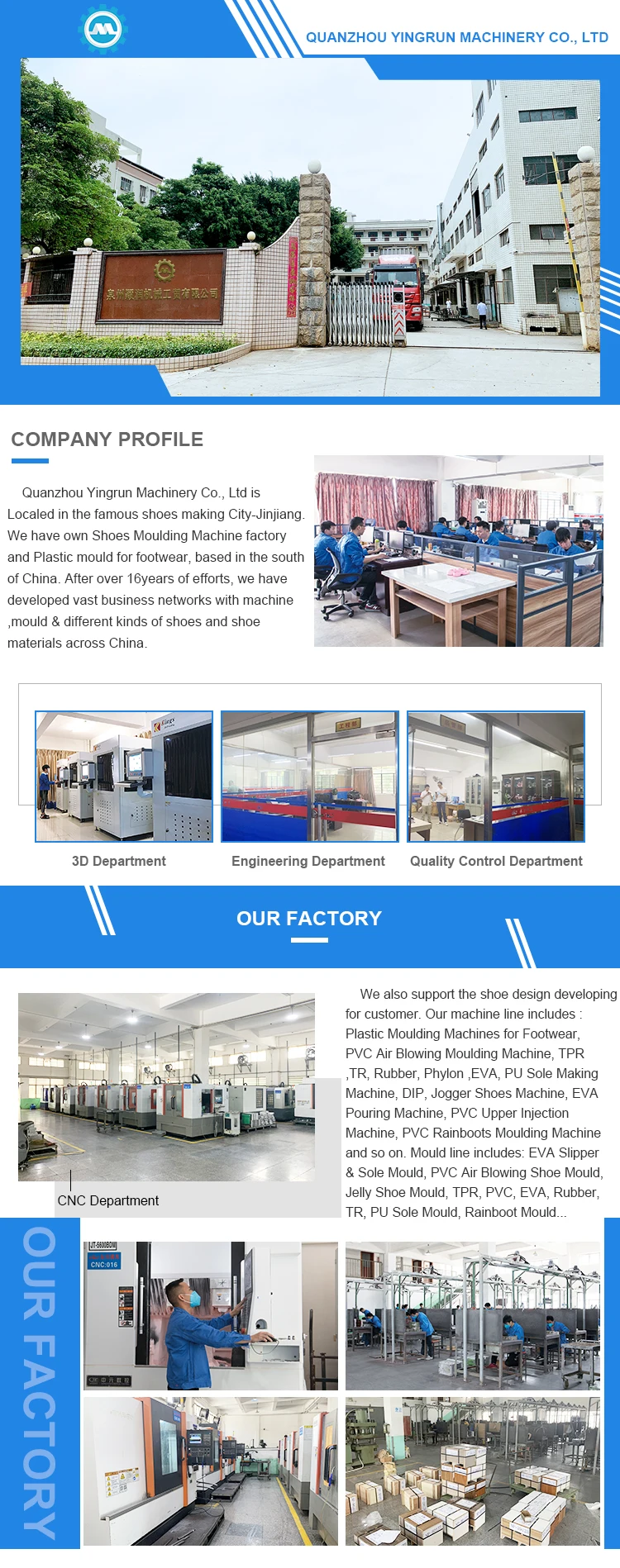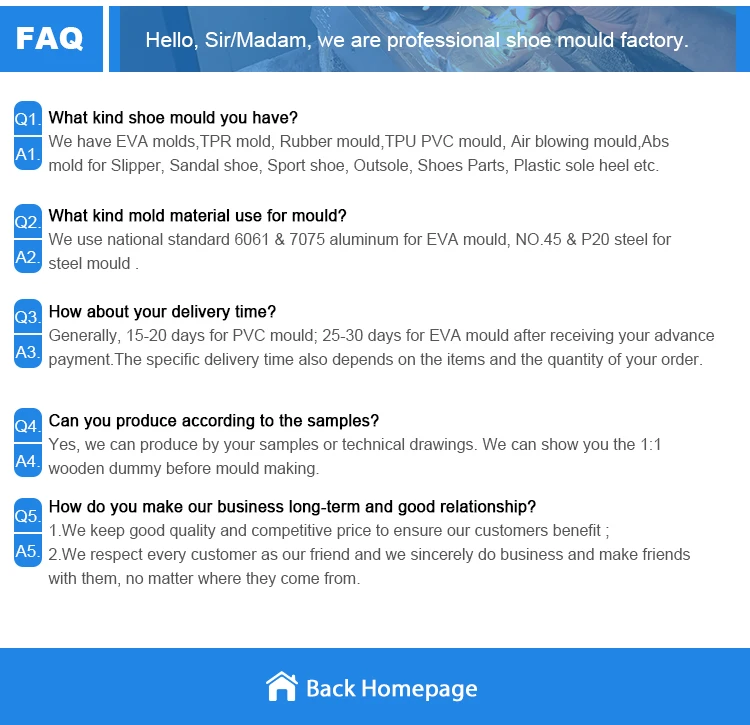Good thermal conductivity: Aluminum has good thermal conductivity and can quickly and evenly conduct heat, which helps the uniform curing and molding of polyurethane materials and improves production efficiency.
Light weight: Aluminum molds are lighter than steel molds, which is easier to carry and operate, reducing the labor intensity of workers.
Low cost: The cost of aluminum is usually lower than that of steel, and the cost of making molds is relatively low, which is suitable for small and medium-sized batch production.
Good processing performance: Aluminum is easy to process and form, and can produce complex mold structures to meet various design requirements.
These advantages make aluminum molds a common choice in the production of polyurethane soles.
Why choose 7075 aluminum mold?
7075 aluminum alloy is a high-strength aluminum alloy with the following advantages, making it an ideal choice for sole mold materials:
1.High strength: The strength of 7075 aluminum alloy is very high, close to some steel, and can withstand greater pressure and load.
2.Lightweight: Compared with steel, aluminum alloy has a lower density, which can effectively reduce the weight of the mold and facilitate operation and transportation.
3.Good corrosion resistance: 7075 aluminum alloy sole mould has good corrosion resistance and can maintain stable performance in a variety of environments.
4.Excellent processing performance: 7075 aluminum alloy outsole mold is easy to process, capable of precision machining, and suitable for manufacturing complex molds.
5.Good thermal conductivity: Aluminum alloy has good thermal conductivity, which helps the mold to quickly dissipate heat during operation and improve production efficiency.
7.In summary, 7075 aluminum alloy has been widely used in mold manufacturing due to its advantages such as high strength, light weight, corrosion resistance, processing performance and thermal conductivity.




















